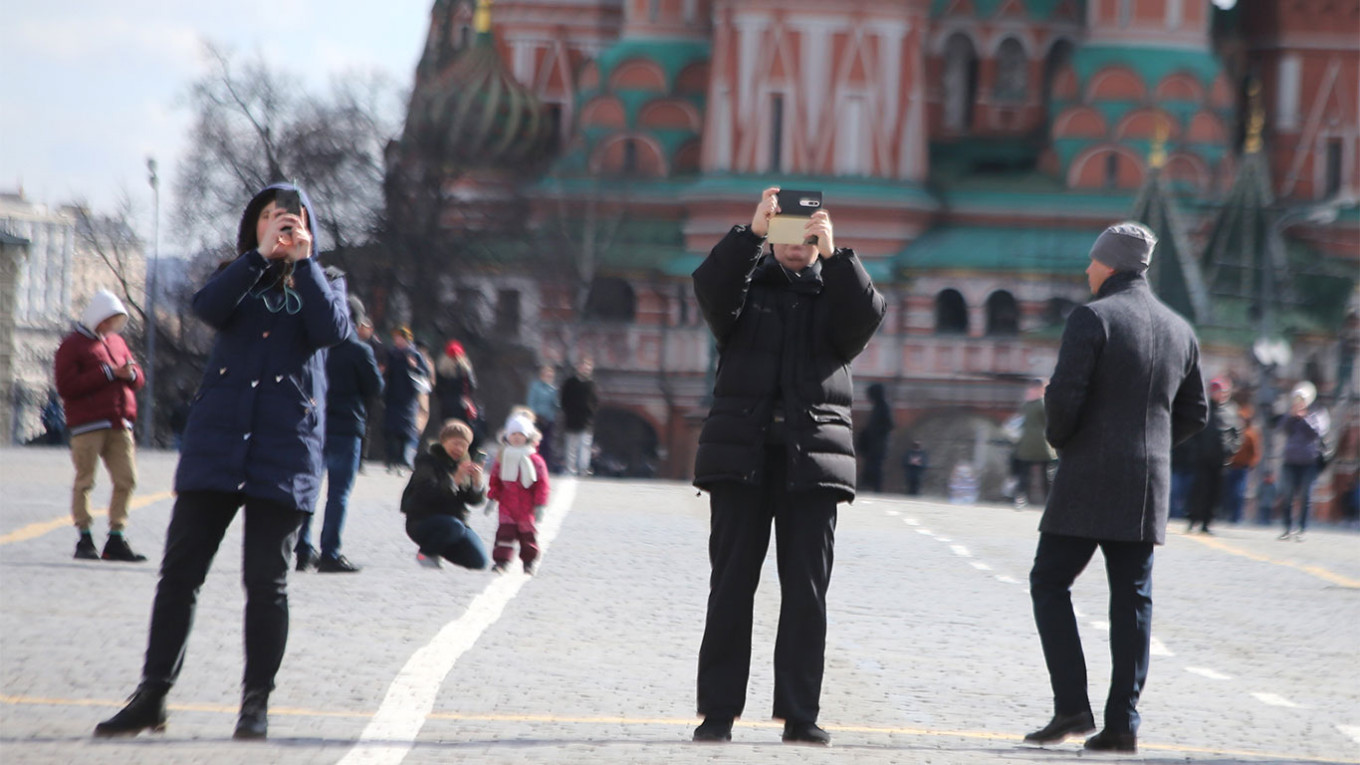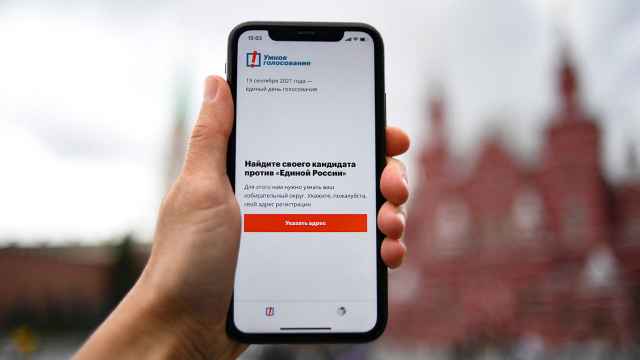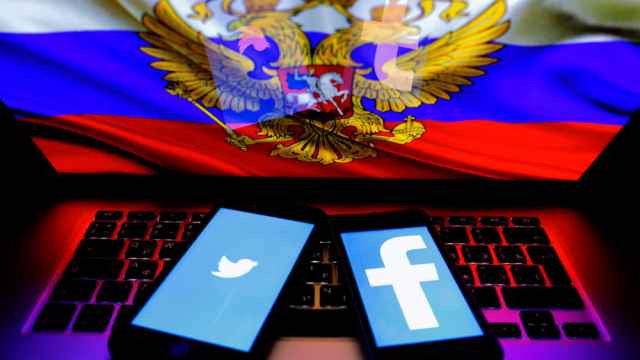Russian software developers have submitted early versions of homemade alternatives to Instagram, TikTok and Zoom, the RBC news website reported Thursday.
Instagram was blocked by Russian authorities following the invasion of Ukraine, while TikTok and Zoom restricted their services within the country.
The proposed domestic platforms — Looky, Sunlight Play and Dion — are part of the Russian government’s efforts to comply with President Vladimir Putin’s ban on the use of foreign software in critical infrastructure by 2025.
The projects are competing for state grants of up to 37.1 billion rubles ($614 million) over the next two years.
Looky markets itself as an “improved version” of Instagram, the highly popular platform which was blocked in Russia when a court branded its parent company Meta “extremist” in March.
The app’s developers say they can migrate Instagram users’ photos, stories and followers onto its platform.
Their ambitious plans include bringing back one-third of the 110 billion rubles ($1.8 billion) in revenues lost by small and medium businesses due to the Instagram ban, as well as expanding into Belarus, Kazakhstan and the UAE once Looky is up and running in 2024-25.
A Looky spokesperson told RBC they expect the government’s decision-making body to decide whether to fund the project by the end of 2022.
Sunlight Play, which RBC described as a stylistic analog of TikTok, bills itself as a social network that “upholds data sovereignty in working with the youth.”
Dion and TrueConf Enterprise 2.0 both intend to replace Zoom, Skype and Google Meet for Russian corporate entities, while Pochta 2.0 is a corporate email system that reportedly plans to cover its own costs.
Five social media projects received preliminary government approval last month and are awaiting decisions on government funding, RBC cited unnamed sources as saying.
A cabinet spokesperson contradicted that claim, saying only two projects have been picked and will cover 1.2 billion rubles ($19.8 billion) in costs themselves.
Experts interviewed by RBC say they doubt the viability of domestic social media and video conferencing analogs, urging the government to support existing alternatives instead of funding new products from scratch.
German Klimenko, the founder of the Liveinternet blogging platform and Putin’s former internet adviser, derided the newly picked projects as “a mockery of the industry.”
“Even if these social media do start working, they could face issues with ad revenue,” Klimenko told RBC.
A Message from The Moscow Times:
Dear readers,
We are facing unprecedented challenges. Russia's Prosecutor General's Office has designated The Moscow Times as an "undesirable" organization, criminalizing our work and putting our staff at risk of prosecution. This follows our earlier unjust labeling as a "foreign agent."
These actions are direct attempts to silence independent journalism in Russia. The authorities claim our work "discredits the decisions of the Russian leadership." We see things differently: we strive to provide accurate, unbiased reporting on Russia.
We, the journalists of The Moscow Times, refuse to be silenced. But to continue our work, we need your help.
Your support, no matter how small, makes a world of difference. If you can, please support us monthly starting from just $2. It's quick to set up, and every contribution makes a significant impact.
By supporting The Moscow Times, you're defending open, independent journalism in the face of repression. Thank you for standing with us.
Remind me later.






